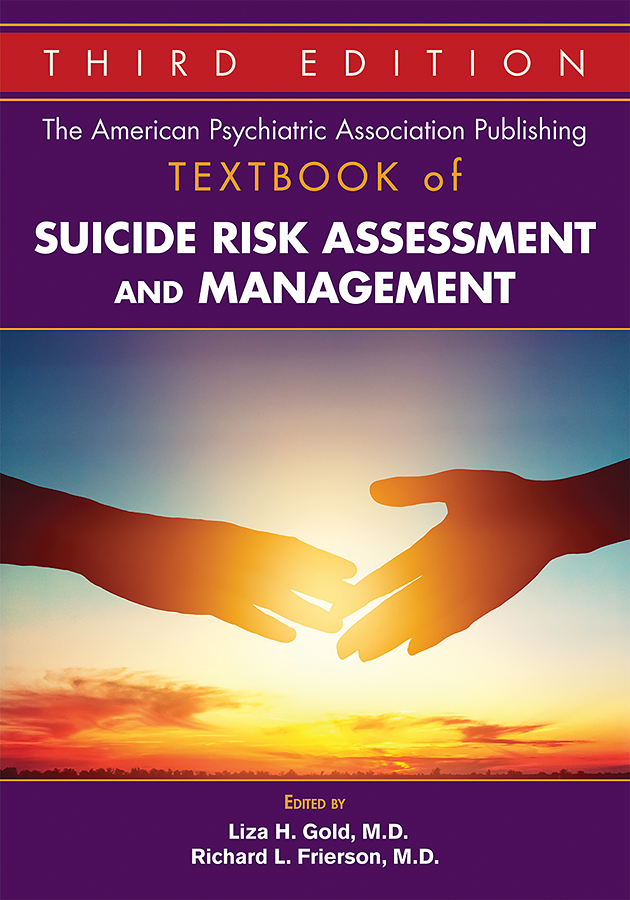Sections
Excerpt
A retrospective evaluation of suicidal intent plays a pivotal role in various types of litigation surrounding an individual’s death. Whereas the actual cause of death may be clear (e.g., gunshot wound to the head or crush injury from a car accident), the mode of death examines the person’s intent (or lack thereof) to die. When assessing the mode of death, the examiner determines whether the death was from natural causes, an accident, a suicide, or a homicide. In approximately 5%–20% of deaths the mode of death is unclear; these are referred to as “equivocal deaths” (Botello et al. 2013). Common situations in which the cause of death is clear but the mode of death is not include autoerotic asphyxia, a fatal motor vehicle accident, and death resulting from playing Russian roulette.
Access content
To read the fulltext, please use one of the options below to sign in or purchase access.- Personal login
- Institutional Login
- Sign in via OpenAthens
- Register for access
-
Please login/register if you wish to pair your device and check access availability.
Not a subscriber?
PsychiatryOnline subscription options offer access to the DSM-5 library, books, journals, CME, and patient resources. This all-in-one virtual library provides psychiatrists and mental health professionals with key resources for diagnosis, treatment, research, and professional development.
Need more help? PsychiatryOnline Customer Service may be reached by emailing [email protected] or by calling 800-368-5777 (in the U.S.) or 703-907-7322 (outside the U.S.).



